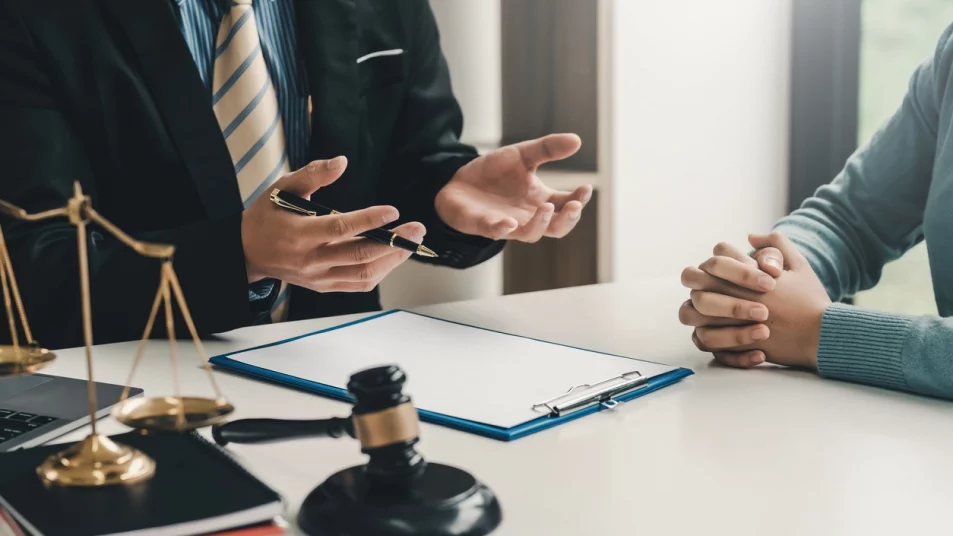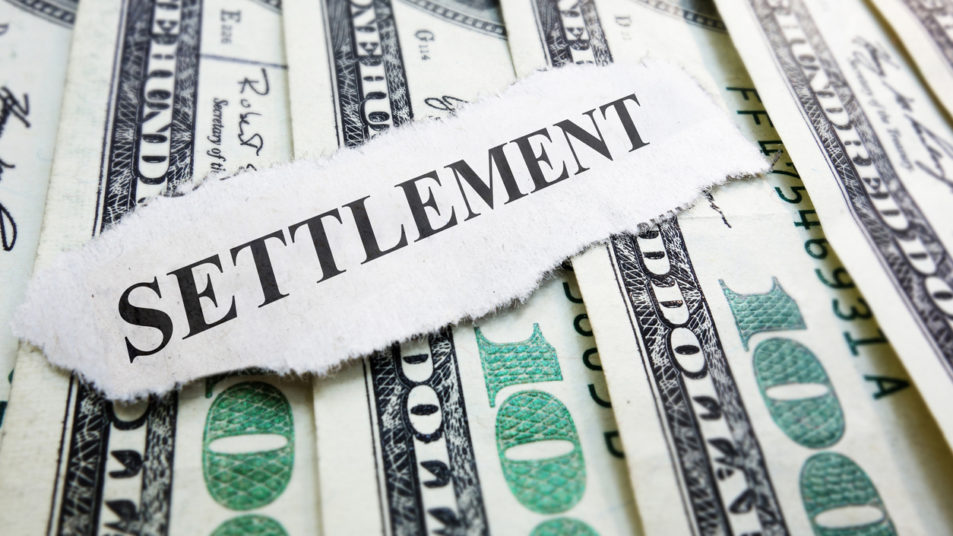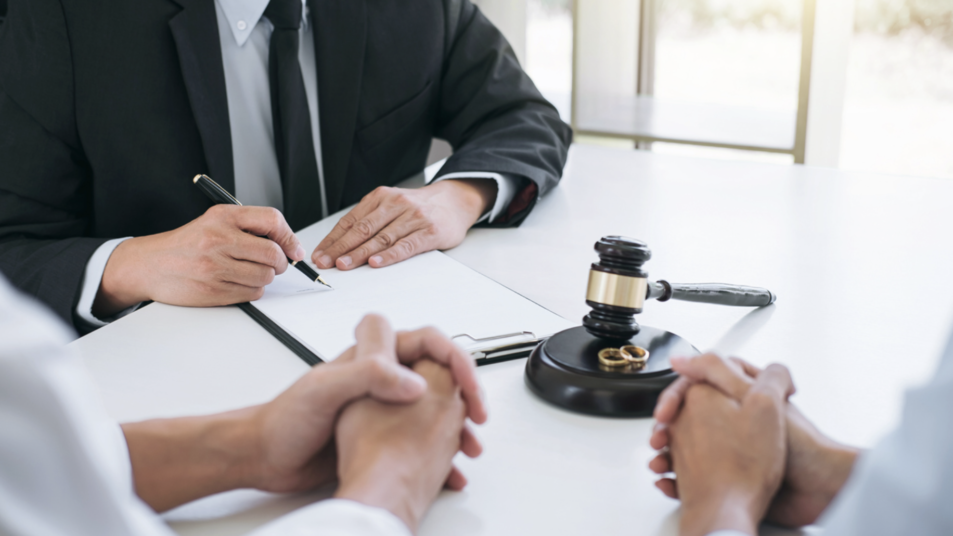What Makes a Personal Injury Case Go to Trial?
Everyone wants their injury case to resolve quickly and easily. However, sometimes that’s not the case. Every qualified personal injury lawyer is prepared to file a lawsuit and go to trial when they can’t reach an agreement.
Even though most personal injury cases do resolve by agreement, a case may go to trial for several reasons.
Settlement Vs. Trial
A settlement is an agreement between two parties to end a legal dispute. Usually, a settlement involves one party paying another money, even if it is less money than desired. Settlements can also include other terms like waiving your right to sue or to collect future damages.
A settlement is a desirable outcome because everyone avoids a stressful trial. Plus, it reduces the risk on both sides. One side may be worried about having to pay more than the settlement offer after losing a trial, and the other may be worried about losing and getting nothing at all.
On the other hand, a trial is a legal proceeding where a judge or jury listens to the evidence and decides on a legal issue. In a personal injury case, they decide if the defendant is at fault for the accident and the total damages. A trial can be long and expensive depending on the number of witnesses and amount of evidence in a case.
Liability Dispute
One reason why a personal injury case may go to trial is that there is a liability dispute. If the defendant doesn’t agree to take responsibility for the accident, then they may not agree to a settlement.
Instead, you’ll need to file a personal injury lawsuit and have the court decide who is at fault during a trial. The decision maker may be the judge or a jury, depending on the type of trial that you choose.
Unfair Settlement Offer
It is very common for a defendant or their insurance company to make an unfair settlement offer. Usually, these offers are very low and do not fully compensate you for your injuries. If your lawyer negotiates with the insurance company but they refuse to pay you more, then the attorney may advise you to file a lawsuit and go to trial.
In these cases, your lawyer is fairly confident that you will win your case and get more money than the offer if you have a trial. Ultimately it is your decision whether or not to accept a settlement offer or go to trial since you are the one who must live with the consequences.
Low Insurance Policy Limits
If you were in a car accident or have a product liability claim, the defendant may be relying on their insurance company to pay for your injuries. Most insurance policies have a limit and won’t pay anything beyond it. After all, that’s the agreement that we make when we pay for an insurance policy.
If you have serious injuries and need more money than what is allowed by the policy, you may need to file a lawsuit against the defendant. That means going to trial. If you win your trial, the defendant will be responsible for paying the full amount of damages, regardless of their policy limit. Their insurance company will pay out the policy and the defendant will pay the excess.
How Can Personal Injury Lawyers Help During A Trial?
A personal injury lawyer can help you immensely during a trial. Trials are complicated legal processes. They involve pre-trial preparations like:
- filing motions
- taking depositions
- collecting evidence
- hiring experts
During the trial, you need to:
- examine witnesses
- enter evidence
- make legal arguments
- make objections
- follow specific court procedures in your region
Lawyers are trained to do each of these tasks.
When people represent themselves in personal injury cases, the outcome is usually worse. That’s because non-lawyers don’t fully understand the law, the court procedure, or how to effectively make an argument. People who represent themselves can bog down the trial by making errors and mistakes that frustrate the judge and jury. This may result in losing the case and blowing your chance to get paid.
Contact an experienced injury attorney if you need help with your injury claim.


